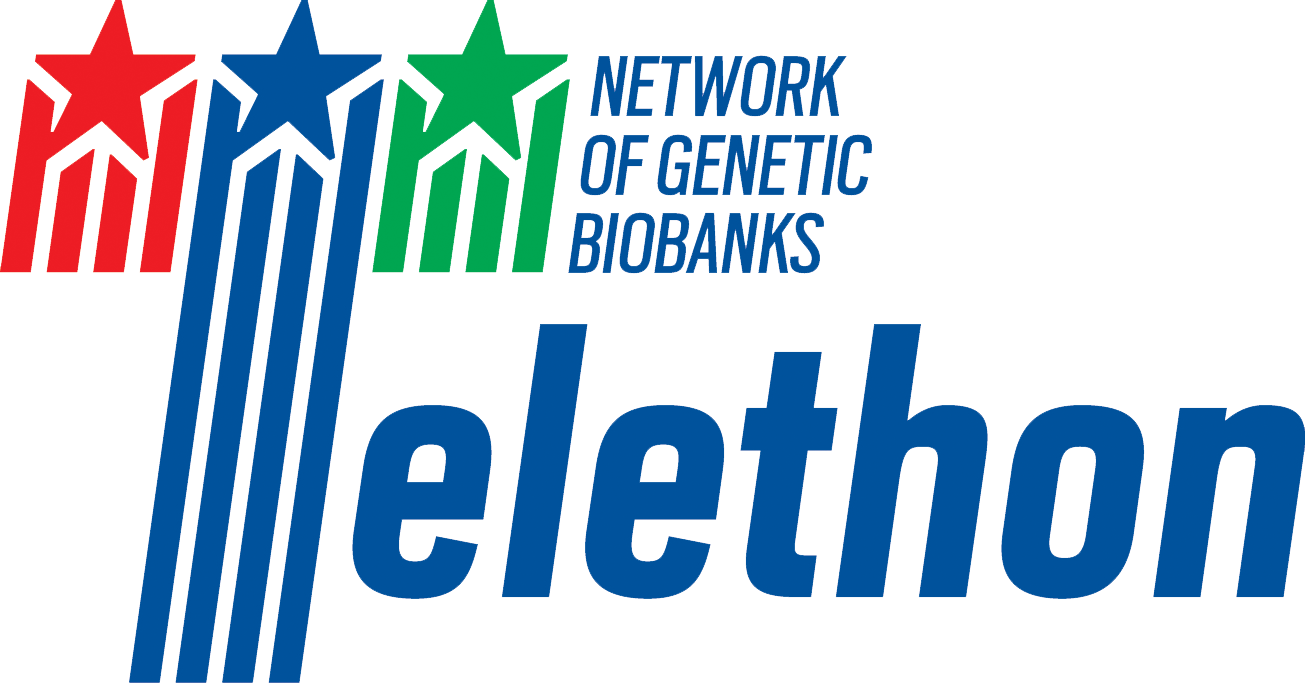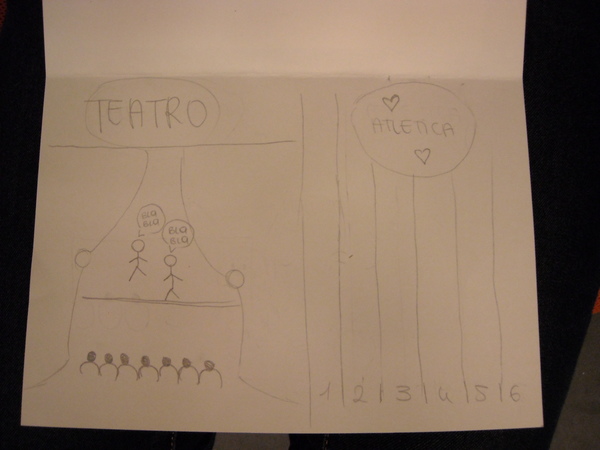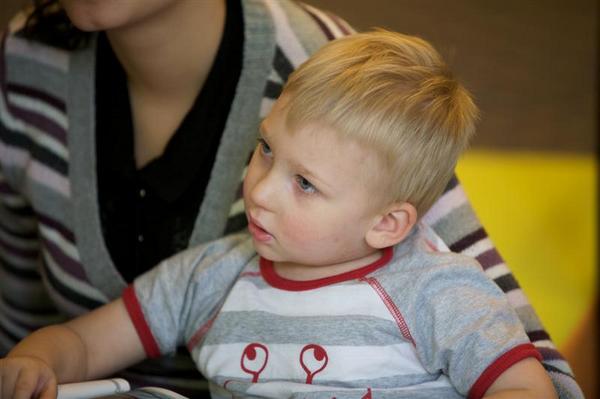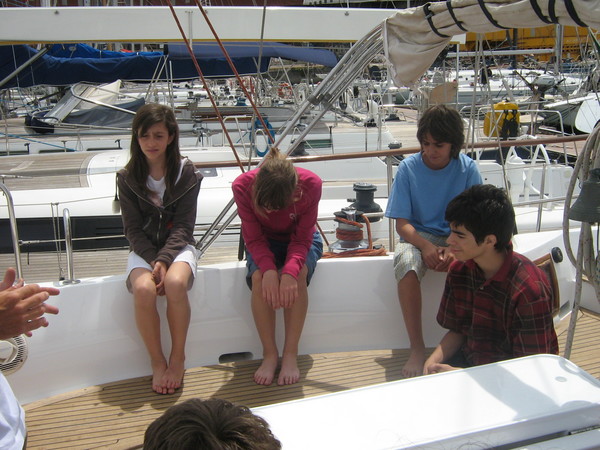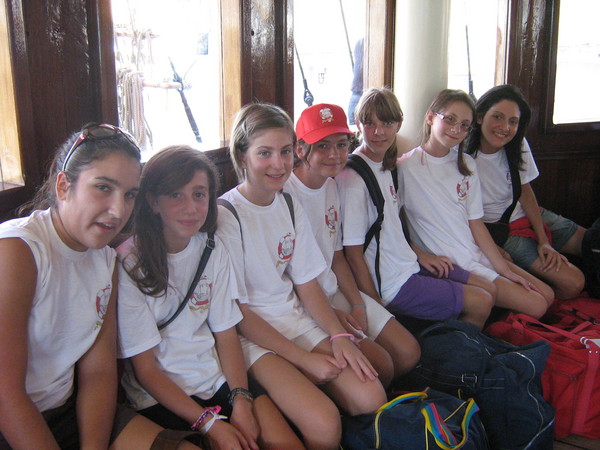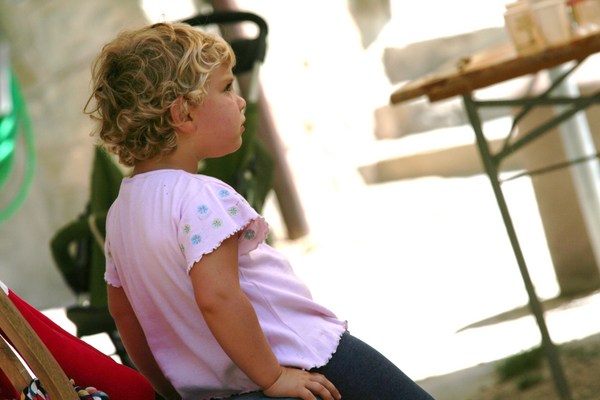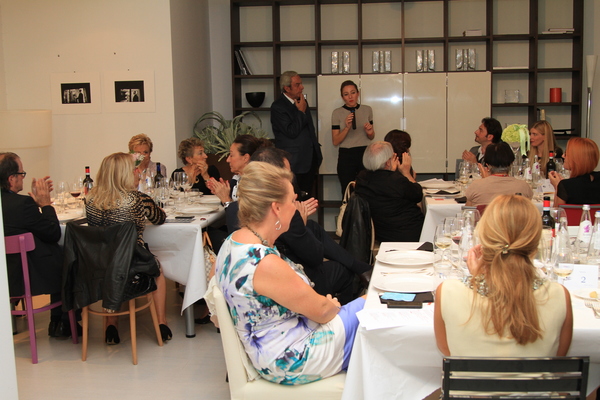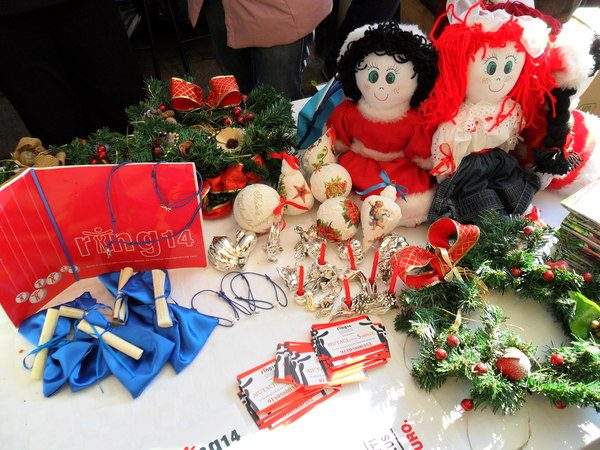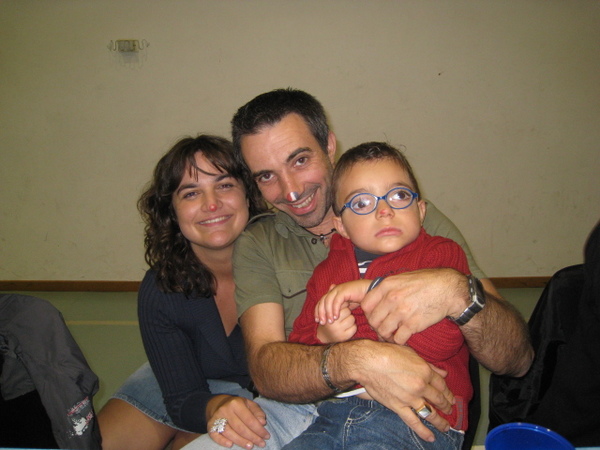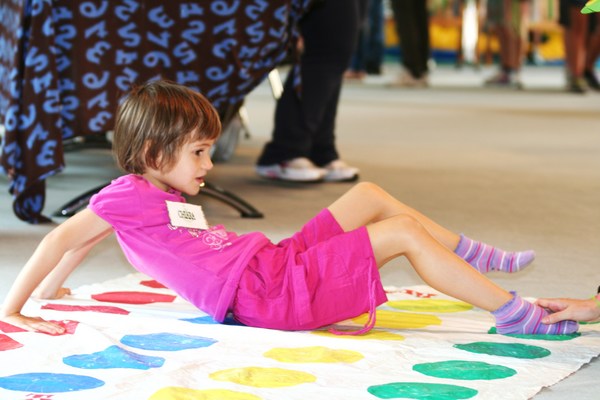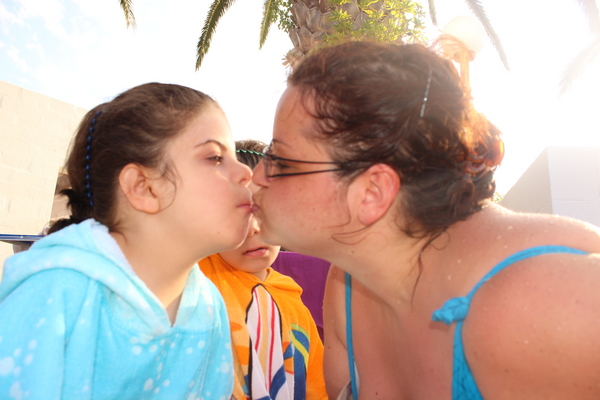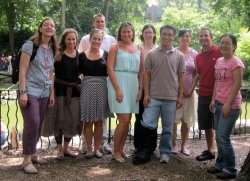
GENE EXPRESSION ANALYSIS IN RING 14 CHROMOSOME SYNDROME
| Project Leader | Nancy Spinner |
| Host Institute | Children’s Hospital of Philadelphia at The Perelman School of Medicine at the University of Pennsylvania USA |
| Duration | 2 years |
| Start-up date | October 2012 |
| Amount financed | 116.000 Euro |
| Current Status | Renewed on 2015 |
PROJECT FUNDING APPROVED BY AN INTERNATIONAL COMMITTEE
Ring chromosomes are associated with a variety of clinical phenotypes including growth delay, intellectual disability and severe, difficult in controlling epileptic seizures, even in the absence of rings associated deletions or duplications. The overlap between phenotypes associated with different ring chromosomes has led to the hypothesis that the ring structure itself may cause the clinical symptoms.
Dr. Nancy Spinner’s laboratory at the Children’s Hospital of Philadelphia has been studying ring chromosomes since 2006 and is working to test the hypothesis that ring structures alters gene expression.
This study will compare cell lines from mosaic patients (i.e., with only some cells carrying the ring chromosome) and other cells with two normal chromosomes. By comparing the expression profiles of normal cell lines and ones that contain a ring, they hope to identify altered expression profiles that cause epileptic seizures. They will also compare the expression profiles of cell lines from patients with rings that have deletions or duplications to those from patients with deletions and duplications not associated with rings.
The Spinner laboratory is focused on the Ring14 chromosome and the Ring20 chromosome, but plans to extend their studies to additional rings. It is their hope that the discovery of the mechanism for ring chromosomes associated epileptic seizures may lead to more rational therapies.
The laboratory team led by Dr. Spinner has the ambitious goal of discovering the underlying mechanism associated with ring chromosomes that cause epileptic seizures. This could lead to more coherent healthcare. The team includes the collaboration of:
Andrea Penton, PhD (Research associate) Andrea Penton has been working with Dr. Spinner since 2010 and has expertise in many of the technologies that will be utilized in this project. She has studied the cell cycle in eye development in Drosophila and has an excellent cell biology and cytogenomic background. She will carry out or oversee all of the RNA-sequencing experiments.
Deborah McEldrew, research assistant, has been working with Dr. Spinner since 2010 (and previously from 1986 to 1991) and has outstanding cell culture experience. She carried out all of the cell culture and separation studies for the preliminary results of this project. She will do the cell culture work and help Dr. Penton with the expression experiments.
The results of the project conducted by Dr. Spinner and obtained thanks to the financing of Ring14 Association are the subject of a scientific paper to be published in an international journal. The same team, in 2015, prompted a renewal of funding by participating in a tender promoted by Ring14 International that, thanks to the results obtained previously, has been positively assessed by the Commission renewing funding.
Documents
› Project (170 KB)







